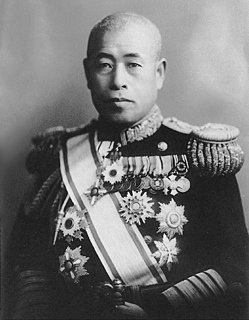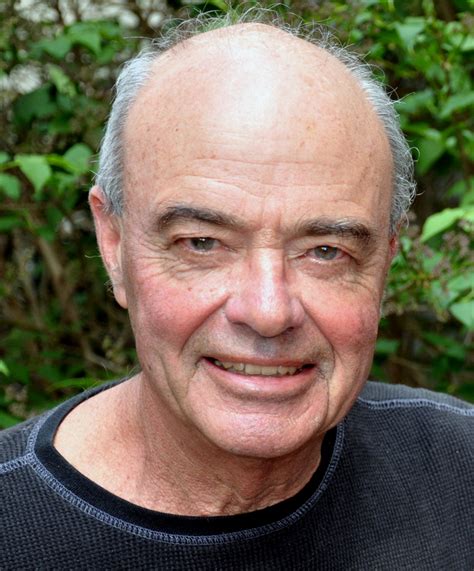A Quote by Francis Chan
Lukewarm people think about life on earth much more often than eternity in heaven.
Related Quotes
Lukewarm people give money to charity and to the church...so long as it doesn't impinge on their standard of living. Lukewarm people tend to choose what is popular over what is right. Lukewarm people don't really want to be saved from their sin; they want to be saved from the penalty of their sin. Lukewarm people rarely share their faith with their neighbors, coworkers, or friends. Lukewarm people are thankful for their luxuries and comforts, and rarely consider trying to give as much as possible to the poor.
It often appears that those who talk the most about going to heaven when you die talk the least about bringing heaven to earth right now, as Jesus taught us to pray: 'Your will be done on earth as it is in heaven.' At the same time, it often appears that those who talk the most about relieving suffering now talk the least about heaven when we die.
If heaven is understood more as God's space on earth than as an ethereal region apart from the essential reality we know, then what happens on earth matters even more than we think, for the Christian life becomes a continuation of the unfolding work of Jesus, who will one day return to set the world to rights.
It's almost is like God, in our case, gave us a shot of anesthesia, you know, to your body and to your heart in a way, that you can survive. That you're - there's enough of a numbness, you're very much alive and very aware of eternity, I mean, Heaven and the real world there. I talk a lot about how Heaven's never been more clear to me. I've never been more sure that we are made for eternity.
When people use the word hell, what do they mean? They mean a place, an event, a situation absent of how God desires things to be. Famine, debt, oppression, loneliness, despair, death, slaughter--they are all hell on earth. Jesus' desire for his followers is that they live in such a way that they bring heaven to earth. What's disturbing is when people talk more about hell after this life than they do about Hell here and now. As a Christian, I want to do what I can to resist hell coming to earth.
Natural history is not taught in seminary. This is curious, as most people in pastoral ministry are about 567 times more likely to be asked about cosmology or sub-nuclear physics or human biology or evolution than they are to be asked about irregular Greek verbs or the danger of the patripassionist heresy. If we monotheists are going to go around claiming that our "God made the heaven and the earth," it is not unreasonable to expect us to know something about what that heaven and earth actually are.
Think about the strangeness of today's situation. Thirty, forty years ago, we were still debating about what the future will be: communist, fascist, capitalist, whatever. Today, nobody even debates these issues. We all silently accept global capitalism is here to stay. On the other hand, we are obsessed with cosmic catastrophes: the whole life on earth disintegrating, because of some virus, because of an asteroid hitting the earth, and so on. So the paradox is, that it's much easier to imagine the end of all life on earth than a much more modest radical change in capitalism.
You are valued more than you know, by more people than you think. It might be good to get in touch today with your true worth. It is much higher than you often give it credit for being -- and now is a perfect time to know, and to gently assert, that fact. This is not about arrogance and it is not about over confidence. It is about a simple, dignified Knowing.
But learned people can analyze for me why I fear hell and their implication is that there is no hell. But I believe in hell. Hell seems a great deal more feasible to my weak mind than heaven. No doubt because hell is a more earth-seeming thing. I can fancy the tortures of the damned but I cannot imagine the disembodied souls hanging in a crystal for all eternity praising God.



































